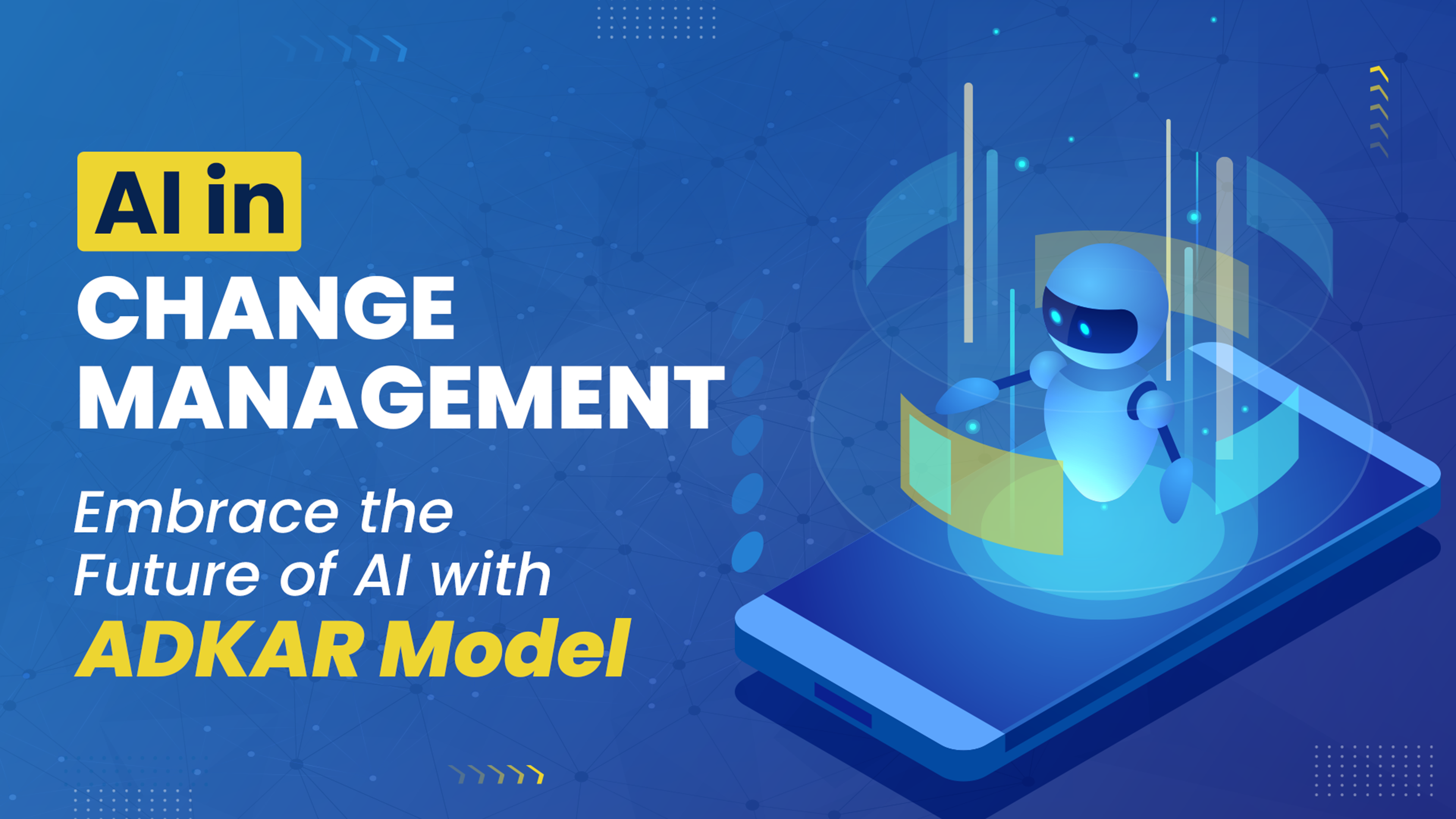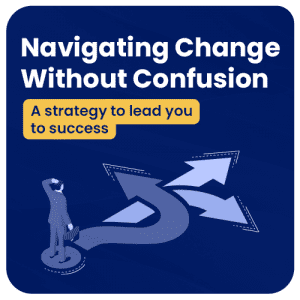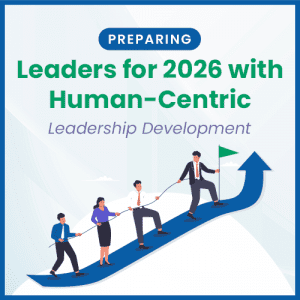
Artificial intelligence (AI) is rapidly reshaping industries and redefining the scope of change management. As AI-powered tools disrupt traditional processes, change management professionals find themselves on a journey toward adapting to an AI-driven future. The Prosci ADKAR Model—Awareness, Desire, Knowledge, Ability, and Reinforcement—offers a framework to guide individuals and organizations through these transitions. By implementing ADKAR to AI adoption, we can better understand and address the challenges and opportunities AI brings.
The Disruptive Impact of AI Across Industries
In a recent Prosci report on AI adoption, 60% of the 679 participants across industries forecasted significant disruption due to generative AI. It was found that fintech, technology, banking, software, and IT emerged as the most impacted sectors. Even less susceptible industries such as natural resources and consumer goods are not immune, particularly in content-heavy areas.
AI is poised to disrupt 4 areas :
- Industry Disruption: AI disrupts industries differently, with banking, insurance, and software facing the highest risk of automation. Even less affected sectors will see changes, especially in language-related roles.
- Organizational Disruption: AI drives organizational change by improving management efficiency, fostering growth in new markets, and prompting transformational shifts in operations and services. Leaders must prioritize these interconnected changes.
- Job Disruption: While fears of job loss due to AI persist, the focus should be on how individuals can leverage AI to enhance their roles. Jobs are evolving; for instance, bank teller positions may decline, while fields like AI and cybersecurity grow.
- Task Disruption: AI enhances productivity by streamlining routine tasks. Employees can optimize complex tasks through AI tools, requiring phases of learning to effectively integrate technology into their workflows.
Insights from Practitioners on Current Trends and Future Directions
The Artificial Intelligence and Change Management study by Prosci, involving over 200 change practitioners, highlights the growing integration of AI in change management.
Approximately 48% of these professionals currently incorporate AI tools into their practices, reflecting a trend toward automation and efficiency.
Application of AI in change management
- Communication Support: Refining messages for different audiences and ensuring tone appropriateness.
- Content Creation: Developing training materials, drafting communications, and brainstorming creative solutions.
- Strategy and Planning: Building comprehensive change management plans and conducting scenario analyses.
- Automation and Efficiency: Using chatbots for FAQs and repurposing content across communication channels.
- Data Analysis: Analyzing survey feedback and identifying trends to customize messaging.
For example, a chatbot can streamline stakeholder inquiries, while AI-driven data analysis identifies themes in customer feedback, guiding decision-making.
Common Challenges in AI Adoption
Despite its benefits, AI adoption faces significant barriers:
- Uncertainty and Inexperience: Many professionals lack familiarity with AI’s potential, hindering its adoption. Organizations can address this by offering webinars and detailed use-case documentation.
- Limited Resources and Access: Budget constraints and insufficient infrastructure deter organizations from adopting AI. Allocating resources and forming AI support teams can mitigate these issues.
- Knowledge Gaps: Training programs like AI workshops can bridge the knowledge gap, making AI accessible and practical for change practitioners.
- Fear and Resistance: Fear of job displacement and loss of human touch remain significant concerns. Emphasizing AI’s role as a support tool and focusing on reskilling can alleviate these fears.
- Governance and Compliance: Establishing clear ethical guidelines and data protection protocols is essential to address legal and privacy concerns.
Benefits and Opportunities with AI in Change Management
Over the next two years, AI’s transformative potential in change management will grow in areas such as:
- Enhanced Communication: AI refines messaging and engagement strategies, freeing change managers to focus on strategic implementation.
- Organizational Transformation: AI accelerates the adoption of new technologies, streamlining operations.
- Administrative Efficiency: Automating repetitive tasks allows professionals to engage in creative and strategic activities.
- Data-Driven Decision-Making: Predictive analytics improve success rates of change initiatives by tailoring strategies to stakeholder needs.
- Stakeholder Engagement: AI tools design personalized interventions, fostering confidence and support.
- Crisis Planning: AI helps anticipate resistance and mitigate risks, enhancing organizational resilience.
Marg’s Prosci Change Management Solutions for AI Adoption
- Enhancing AI Adoption: Marg offers Prosci Change Management solutions specifically designed to improve your organization’s AI integration.
- Research Insights: According to recent Prosci research, over 80% of professionals are leveraging AI to enhance productivity.
- Tailored Approach: Our strategies equip change practitioners with essential tools and methodologies for seamless AI integration.
- Overcoming Challenges: By utilizing Prosci’s extensive knowledge base, organizations can address common challenges related to AI adoption.
- Drive Successful Outcomes: Embrace this opportunity to refine your change management practices and achieve better results with Marg’s Prosci Change Management services.
- Transform Your Approach: Take the first step towards enhancing your change management capabilities today!
Marg’s solutions align closely with the ADKAR framework, offering resources to build awareness, impart knowledge, and reinforce change initiatives.
For instance, Marg’s training modules and real-time data analytics empower organizations to prepare and support their teams through AI-driven changes. By integrating these tools, Marg helps businesses stay competitive in an evolving landscape.






